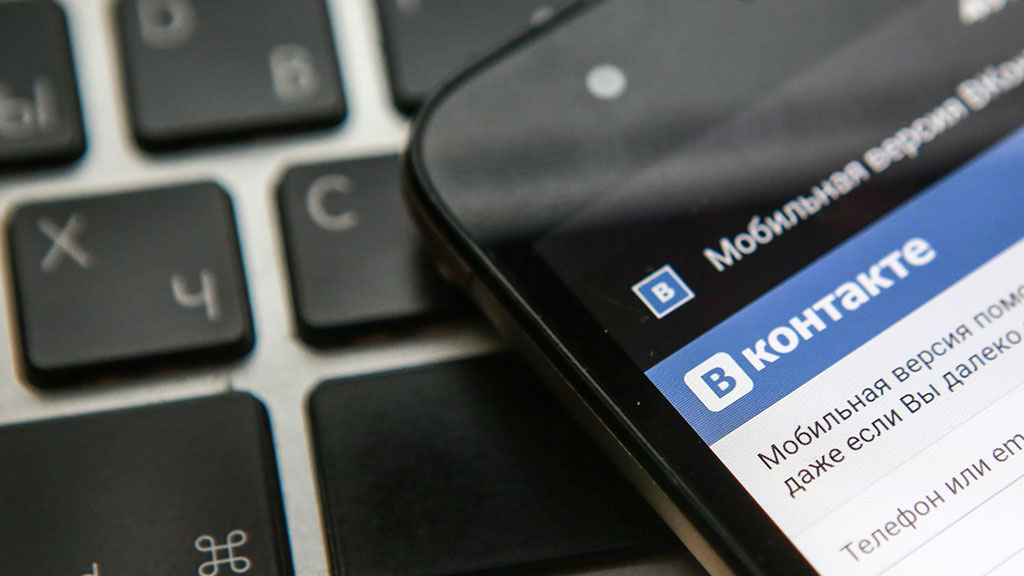Moscow authorities are concerned about the Internet literacy of schoolchildren

The Moscow authorities have begun work on improving the Internet literacy of schoolchildren, according to Izvestia, citing the Moscow City Duma Chairman Alexei Shaposhnikov. The program of the city authorities includes the distribution of brochures, lectures on the behavior on the World Wide Web and the protection of personal data, as well as the installation of “secure” Wi-Fi access points with child filters.
According to the plan of the city authorities, in the schools of Moscow in the near future will install 20 thousand Wi-Fi access points with restrictions on access to unwanted resources for children, and by 2018 their number is planned to increase to 60 thousand.
“Login to the Network will be carried out when entering the login and password from the electronic diary. Also, wireless Internet in Moscow is in public transport, on the streets, in parks, in student dormitories. It is important that the Department of Information Technologies of the city of Moscow carried out all the necessary work to ensure that the Internet at all access points was secure, ”said Shaposhnikov.
')
In addition to the forced filtering of traffic by providers (they will provide content filtering at specific access points), the schools of the capital began to distribute brochures “Safe Internet to Children”, and teachers conduct classes on this topic. One of the topics on the lecture agenda for children is the rules of behavior on the Internet and the importance of preserving personal data. The information that you should not distribute is called a real address, phone number, school number, e-mail address, the names of friends and acquaintances, real photos and even a date of birth. In addition, children are advised to be careful in choosing interlocutors, not to accept dubious gifts from unknown people, and so on.
Were also created materials for parents, in which it is recalled that the Internet literacy and the safety of the child on the Web depends on 90% of them, and not on the state. In these materials it is proposed to monitor the virtual behavior of students and the history of the resources they visit.
The initiative of the Moscow government is linked to the activities of the so-called "death groups." Officials and activists at various levels are already struggling with this phenomenon, which has led to an increase in the degree of anonymity in this area.
Not all structures adhere to the course of preventive work with students. Thus, the movement of the Internet Safety League, together with the leadership of the Tyumen region, arranged total surveillance of students, a census of their accounts and involves inspection of minors to work with children at risk.
At that time, representatives of social networks, who track “death groups” in automatic and manual modes by the administration, and lawyers, who pointed out that “bringing to suicide” is a real article of the Criminal Code of the Russian Federation, and these issues should not be engaged in volunteers and educators, and the Ministry of Interior.
Author of the study “Social Networks: New Technologies for Managing the World” Maria Fil notes that the authorities of the capital have chosen the right vector of work with children. The most important thing, according to Fil, is not to “pressure the child” by putting excessive pressure on him.
Source: https://habr.com/ru/post/357302/
All Articles